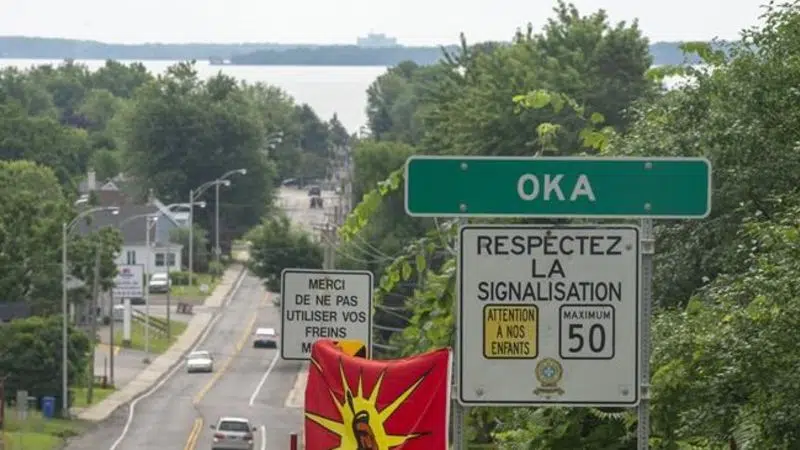
‘I filled a void’: How a developer wants to help settle centuries of grievances in Oka
MONTREAL — Developer Gregoire Gollin thought he had a steal when he purchased 220 hectares of land between the First Nations territory of Kanesatake and the neighbouring village of Oka, Que., in 2004.
The home of the grand chief had been deliberately burned down that winter. Masked men with bats stood outside the police barracks, preventing roughly 60 officers from leaving.
“It was kind of, like, anarchy,” Gollin recalled in a recent interview. The non-Indigenous family who sold him the land were eager to unload it. “I got a price that was very acceptable,” he said, declining to disclose the amount.
But Gollin, who immigrated to Canada from Italy in the 1970s, soon learned that the unrest driving down real estate prices was rooted in historical grievances that would not be resolved overnight.


